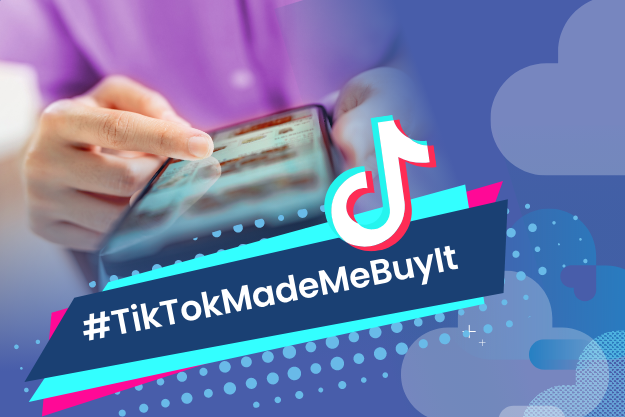Online reviews have become a foundational piece of the modern shopping experience. While validation used to come primarily from the approval of friends and family, reviews have since taken their place – buyers look to these snippets from strangers to ensure the quality of their purchases and quell any concerns they may have. The prevalence of this practice will only grow as the eCommerce channel continues to as well, and all signs point to this remaining the case.
However, not all reviews are created equal. As total review volumes have increased, so have the number of fake reviews circulating among them. Whether it be through artificially boosted entries vs or undisclosed incentives, the undeserved or artificial promotion of products and services compromises the integrity of a system built on trust and shared experience.
Forward-thinking companies have recognized this reality and instituted review authentication processes to combat this unfortunate situation. While the upsides of this practice are immediately clear for consumers, brands themselves also stand to benefit in a substantial way.
The case for review authentication
Review verification processes go to great lengths to ensure that displayed reviews are genuine and trustworthy. It’s easy to see how this creates a better customer experience – when buyers are able to trust the information they’re given and trade skepticism for excitement, the chances that their expectations are met are greatly increased. They’re able to shop freely, with greater confidence that they aren’t spending their hard-earned money on false advertising. The numbers support this – according to a study by Spiegel Research Center, shoppers exposed to verified reviews have a 15% higher purchase likelihood than when they’re only shown anonymous reviews.
What isn’t as clear, however, is how beneficial the second-order effects of this practice are to the brands instituting them. Beyond the immediate jump in conversion, a perceived commitment to authenticity can be parlayed into a long-term competitive advantage – the humanization of the brand driven by trust and transparency. As the landscape of successful commerce shifts away from commodity and toward community, it’s critical to forge these positive associations between business and buyer at every available step. Consumers want to do business with companies that they feel they can trust. Even negative reviews, when framed in this light, can be spun positively – there’s credibility in the acknowledgement of fault, as long as shortcomings are met with accountability and only occur in moderation.
As goodwill compounds, relationships form and create a powerful flywheel. In addition to increased lifetime value (LTV) on the individual level, the growth potential from ensuing word-of-mouth evangelism can be incredibly profitable. For any company looking to achieve this, review authentication should be a no-brainer to implement – especially when the alternative is neutral at best, and catastrophic at worst.
How do I get started?
If you haven’t already done so, the best way to get your review authentication program kicked off is to find a capable technology partner with the tools and experience to get you set up right. Emplifi is trusted by some of the world’s foremost brands to handle this experience for them, in, but not limited to, the following ways:

If you’d like to learn more about how Emplifi Ratings & Reviews can help you implement these features and many more, schedule a chat with an Emplifi expert today.


































